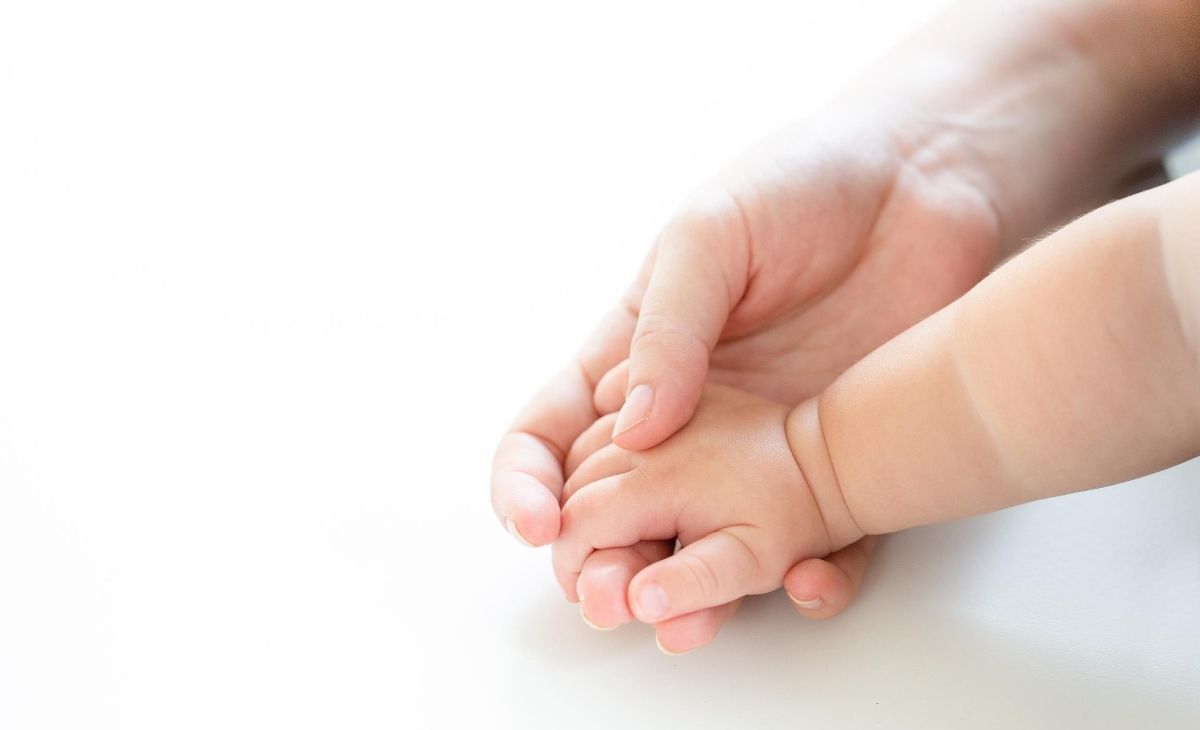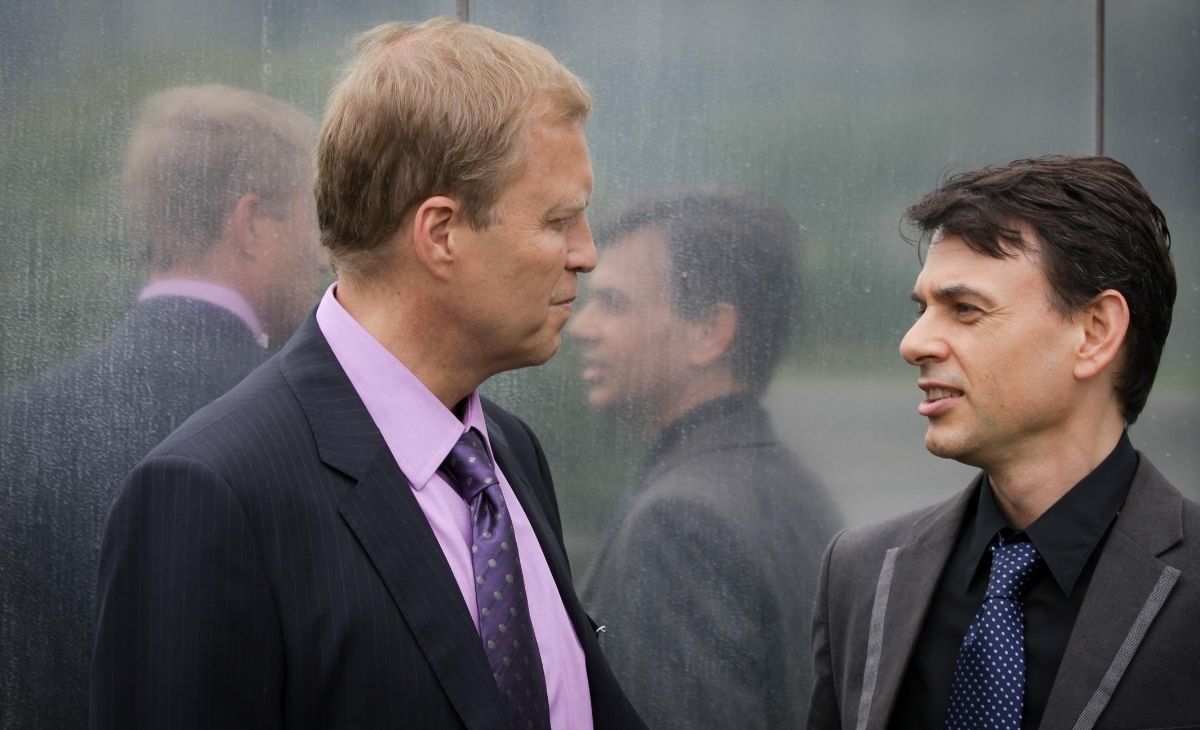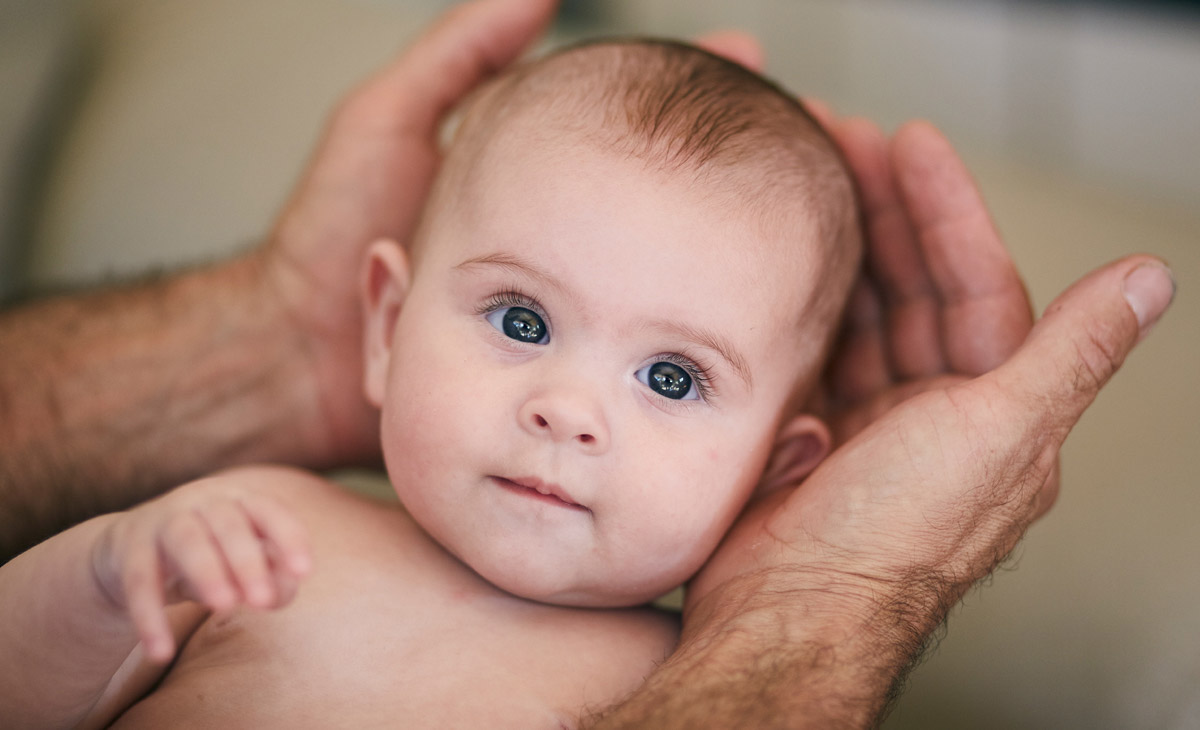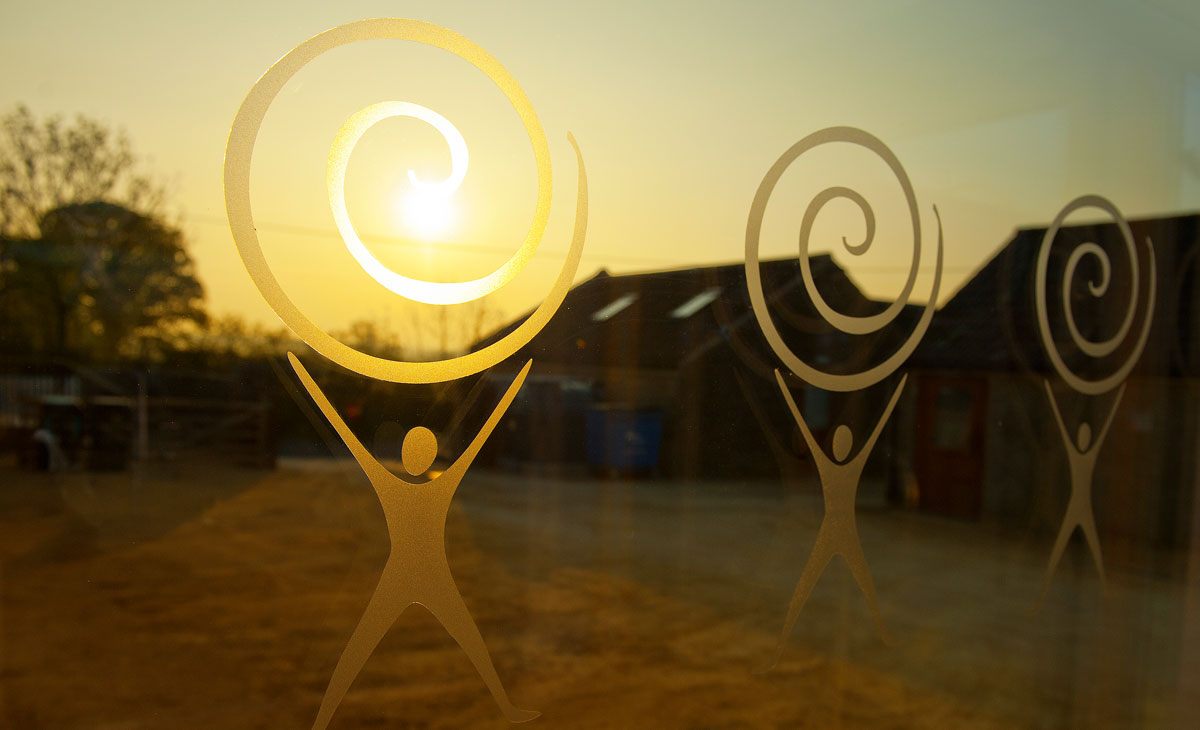The medical profession is recognised to be one that comes with a high degree of responsibility. We are responsible for making a diagnosis, prescribing treatment and as surgeons, performing operations with the aim of restoring health and wellbeing as best we can. These were foundational to the practice of medicine as it was taught to me and I swallowed it hook, line and sinker. As a surgeon, people’s lives can literally be in our hands – mistakes can be costly resulting in complications and even death. However, complications and death are not just a consequence of mistakes but can occur even when everything has been done correctly with no errors or mistakes. If we take on that it is our responsibility to ensure a good patient outcome in every case, then inevitably such an impossible burden will wreak havoc with our health – and that would in fact be irresponsible! If we believe it is our job to ‘fix’ everyone who comes to hospital, then we will inevitably get detrimentally affected when that doesn’t happen.
So, as doctors what are we responsible for, and how do we be responsible about responsibility?
I learnt the hard way that taking on the responsibility of ensuring everyone had what we perceive to be a ‘good outcome’ was beyond my capacity and role. It is an impossible task that defies the nature of the world we live in and the course of human life. I placed all the responsibility on myself and gave no part to the patient – an unhealthy approach that is in fact irresponsible. It is irresponsible to think I am responsible for fixing all who cross my path, if that then leads me to be affected and less effective when I cannot fulfil the impossible expectation and demands I placed upon myself.
What is responsible is to recognise that everyone is responsible for their life and their health and that as a surgeon I have role to play in that, but I am not solely responsible for the outcomes – be they good or bad. There is always a much bigger picture at play. I am responsible for keeping up to date, for performing surgery safely, and advising patients of the options available to them and the risks/benefits involved so that they can make an informed decision. I am responsible for ensuring any errors or mistakes are reviewed, lessons are learned and such things minimised as much as possible – but medicine and surgery will never be risk free or complication free and this is a simple fact that needs to be understood and appreciated by all.
I have come to learn that one of the most important things I am responsible for and which was not taught to me in medical school, is knowing how to care – for myself and others.
It is imperative going forward that true self-care becomes an essential part of medical training if we are to not only stall and improve the rates of burnout in the profession, but to provide high quality patient care that inspires people to deeply care for themselves also.
It might seem that caring is supposed to be innate such that we don’t need teaching on it – but that is simply not true and the rates of lifestyle related illness and disease show that as a whole we are not great at truly caring for ourselves. In fact, we are totally irresponsible – often partaking in behaviours that are abusive to our bodies and in complete disregard to their innate intelligence and highly sensitive nature – and then we wonder why we have an illness or disease? Indeed, true self-care should also be an integral part of school education if we are to develop populations who know how to listen to the wisdom of their own bodies, to make healthy choices and cease the current levels of disregard and unhealthy living that result in so many illnesses and diseases.
Whilst I used to think I was very responsible in providing patient care and being responsible for them and their outcomes, when it came to caring for myself I was in fact highly irresponsible.
I would stay up late and end up exhausted, drink too much alcohol, eat unhealthy food, be emotionally erratic – losing my temper or getting frustrated with people and a host of other behaviours that were far from responsible or healthy. Given that I was so poor at caring for myself, then just how caring was I for others if I had so little care for myself? If I was running on empty, then clearly there wasn’t much care in the tank to give to others!
I have since changed my lifestyle and my quality of care for myself has vastly improved – and as a consequence I know the quality of care I can deliver to my patients has also improved.
I now would say my first responsibility as a healthcare professional is to care for myself – so that I can provide a depth and quality of care for others that far surpasses what I previously considered caring to be. The more I care for myself, the more I am able to
- work hard without getting exhausted
- stay present with patients and staff and see/feel what is needed
- respond with true care without taking on other people’s issues
- have vitality, joy and wellbeing, and this comes across in my interactions with staff and patients
- be a true support to staff and patients when difficulties arise
- see the bigger picture and not get dragged back down into the emotional maelstrom when challenges arise
- have a more expanded understanding of health, illness and disease that is empowering and liberating
- be motivated and inspired to develop new approaches, tackle problems and expand the sphere of understanding in healthcare generally.
This list could continue – the point being that when I take responsibility for my own health and wellbeing by making self-care a part of my daily living and approach to myself and to life, then my ability to do my job responsibly is enhanced beyond measure. Having benefitted so much from this approach myself, I also feel that as a healthcare professional I have a responsibility to share what I have learned to increase awareness more generally around the importance of self-care and a more expanded understanding of health, illness and disease and life in general.
However, even though self-care is definitely needed and very beneficial, it is just scratching the surface of what it means to be responsible when it comes to health and wellbeing. However, we have to start somewhere, and we have to crawl before we can walk. In that case, being self-caring brings a level of responsibility that is far superior to our current disregarding ways, even though it is nowhere near the full potential we can bring regarding responsibility. To do this requires an openness to consider a different paradigm and way of thinking about life, the human body, the human being, illness and disease and why we are here, that is founded upon The Way of The Livingness.



























